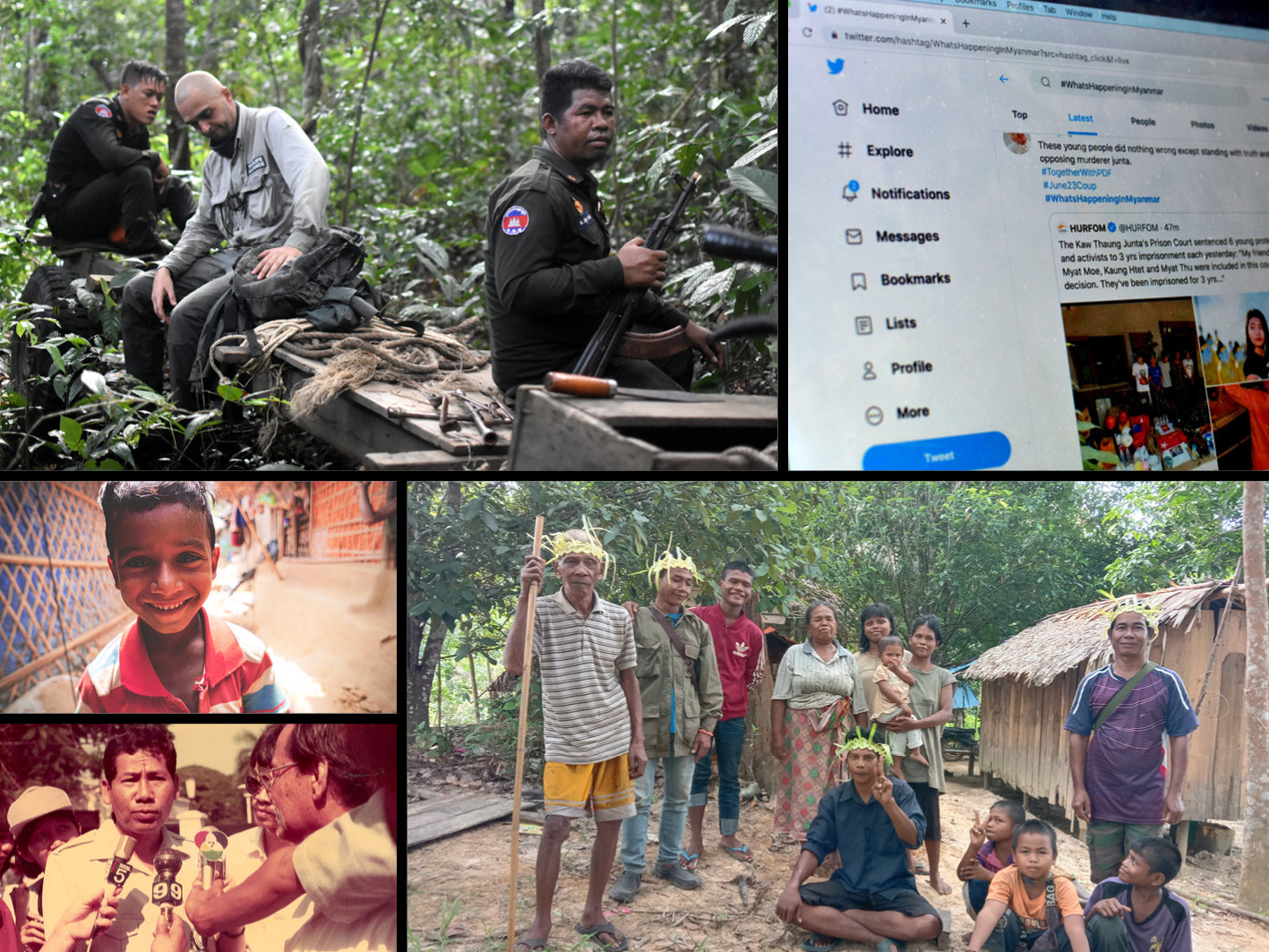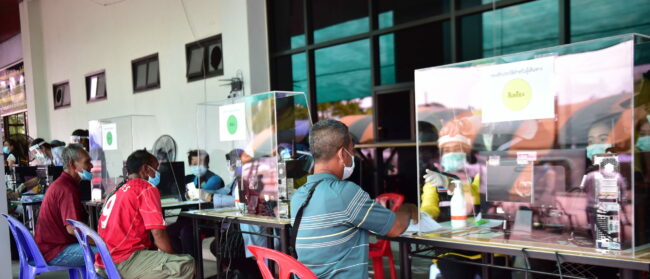We wanted to dive back into things after last week’s publishing holiday which, as I’m sure you noticed, was also a editorial holiday. But lest you thought we’ve abandoned you, our readers, I’m very happy to deliver this roundup of a very solid week back in the office.
Last week during the holiday, our EiC Alastair McCready and I went down to the Cardamom Mountains of southern Cambodia to follow conservation rangers as they patrolled some protected woodlands. What we found was only the latest chapter in the Kingdom’s wrenching struggle to prevent deforestation and widespread biodiversity loss thanks to state-sanctioned land giveaways even in areas supposedly under watch.
It was quite a trip, and we’re happy today to publish Alastair’s report on the situation. That’s our leading feature below, which is well-worth your time. Before we get to the rest of the articles, I have a few points of Globe business, the first of which is that we’re still accepting applications to join our team! Check our website for more in-depth job listings, but we’re looking for candidates to fill positions on both the editing and reporting side of our operations. Think you’d be a fit? Take a look at the listing and send us your application!
Last but not least, you can expect to find a brand new episode next week of our Anakut podcast! In honor of Pride Month, this first installment of Season 2 is about all things LGBT in Cambodia — watch this space for more details!
Alright, that’s enough from me. On to the features:
Environmental conservation in Cambodia can be a political tightrope for those working to protect forests and other natural areas. Last week, Globe EiC Alastair McCready and I went deep into the woods of Koh Kong province to witness the steep pressures on areas that are — if only on paper — protected from deforestation. Strong on-the-ground reporting here, with striking images from the trip.
The military takeover of the state of Myanmar drove radical changes in every aspect of daily life, including the way people conduct themselves online. Netizens migrated from Facebook, long a mainstay, to the new terrain of Twitter in an attempt to freely express themselves in the post-coup landscape. Globe reporter Allegra Mendelson spoke with some of these digital pioneers to learn more.
Much like other indigenous peoples around the world, the Orang Asli of Malaysia are locked in a deep fight to preserve their traditional lands and lifestyles. Reporter Yao-Hua Law spoke with villagers in the state of Pahang to see what this struggle looks like first-hand, investigating the role of big business and the Malaysian state in driving dispossession and deforestation. This article was produced with support from the Pulitzer Center’s Rainforest Investigations Network.
Whatever happened to Thanong Po-Arn? The 55-year-old critic of Thailand’s 1991 military coup vanished without a trace that same year, leaving behind only his empty car outside his Bangkok office. On the 30th anniversary of his disappearance, Globe columnist Mark Cogan reopens the story of Thanong as tribute to the man and, in a way, to the many others who have been disappeared through the decades by the military regime.
Saiful was only 10 years old when he and his family were shipped into the unknown, sent to a remote island called Bhasan Char. Just five months after that, Saiful was dead, killed by an apparent illness in circumstances still not fully understood by his family. The story of this young boy’s life and death is brutal but, as documentarian and Globe contributor Shafiur Rahman writes here, it is essential to understanding the plight of the Rohingya people.


